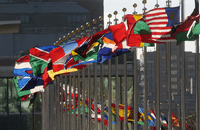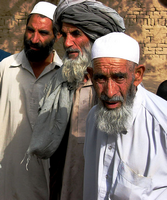
State sovereignty can be likened to a living organism. It casts off meanings, sometimes splits, and reunites as it evolves in response to changing global values. Over the years, those global values and the subsequent meanings of sovereignty have often reflected the interests and preferences of hegemonic states. While a superpower like the United States cannot change the meaning or interpretation of sovereignty on its own, its political, economic, and military muscle give it a greater chance of mobilizing resources and support to influence the direction of the new meaning than a smaller country. States, multilateral organizations, nongovernmental organizations, and […]


